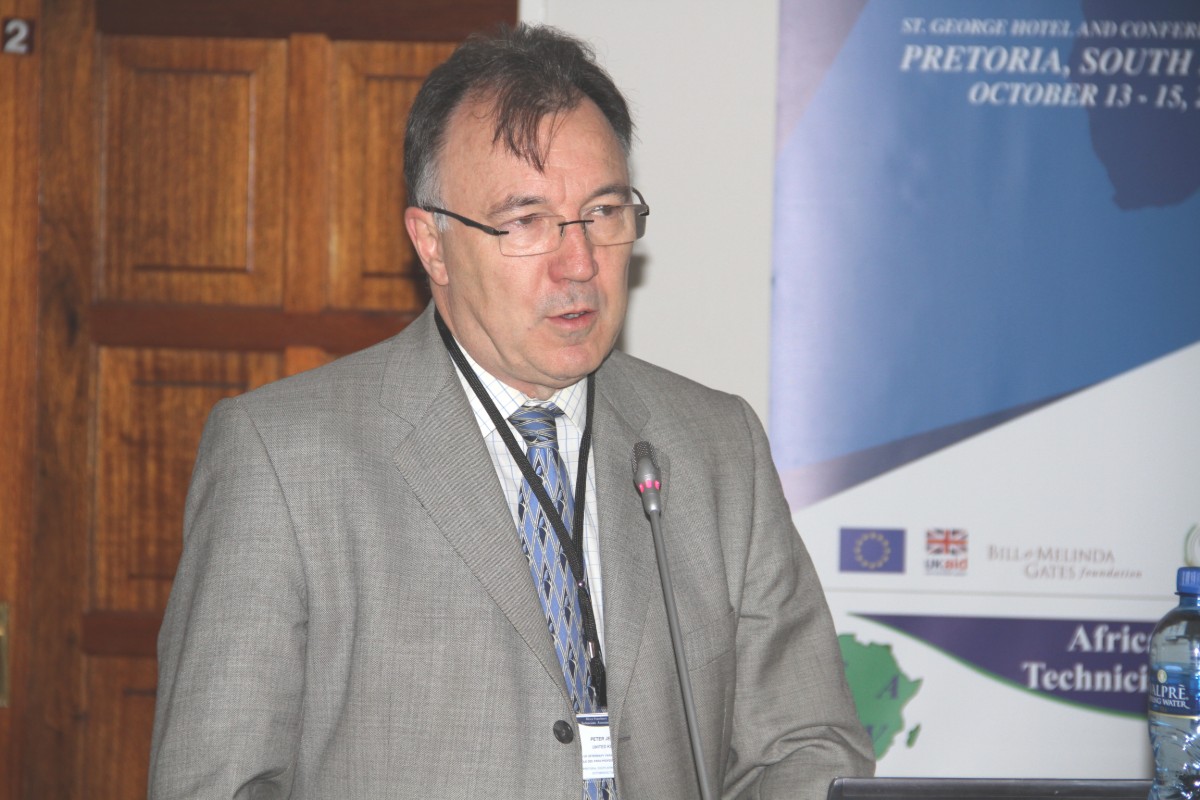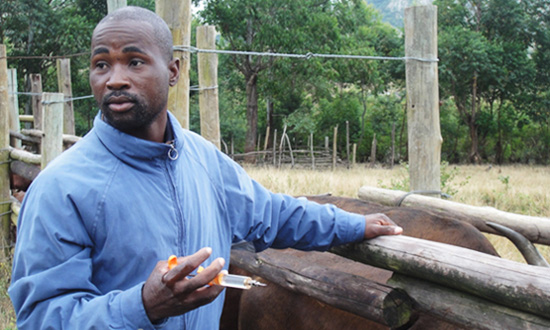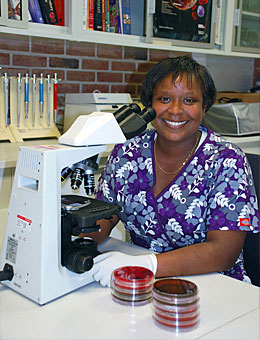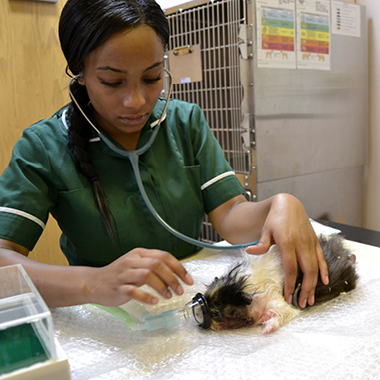



Next 13 and 15 October 2015, a Conference, organised in South Africa by the World Organisation for Animal Health (OIE), first of its kind at a continental scale, will gather representatives of the African veterinarian’s authorities, Veterinary para-professionals associations and Federations to strength their links and collaboration in order to ensure an optimal quality field work.
Animal health surveillance and management are complex. In a world where 5 emerging diseases appear each year, infectious disease agents and toxins found in animal populations and animal products are a considerable and on-going threat to animal health, economies, biodiversity, food security, food safety, and public health.
The growing importance of animal diseases and zoonoses has strengthened the essential need of a strong and well-trained veterinary network worldwide, composed of professionals whose ethics and capacities are supervised by the national Veterinary Authority and followed by Veterinary Statutory Bodies (VSB), as described by the OIE standards.
Nevertheless, in some parts of the world, particularly on the African continent, building and maintaining a strong and effective veterinary network is a real challenge due to both, economic and environmental causes. Many rural areas are characterised by limited or no accessibility to veterinary services due to sociocultural factors such as the capacity of livestock owners to pay appropriate amount for the services provided by veterinarians. In countries where there is a limited availability of veterinarians and resources, the Veterinary Para-Professionals (VPP) have a vital role to play in supporting the work of the Veterinary Services, in particular veterinarians.
Some examples supporting the role of VPP in disease surveillance and control can be found in Africa, with the previous eradication of rinderpest. They greatly contributed to the work of the veterinarians to stop rinderpest virus circulation. They also made a great contribution in supporting the veterinary services in the control and eradication activities in areas of insecurity where activities of conventional service providers were often highly restricted. They also received a great support from Community-based Animal Health Workers (CAHWs, they are livestock owners having received a very short training in basic animal health principles and living within their communities.)
It must, however, be pointed out that surveillance and control of animal health needs to be supervised by competent, high-level veterinarians. Accreditation schemes for Veterinary Para-Professionals could be useful to increase the veterinary presence in the field, under the supervision of the Veterinary Authority and the VSB, as prescribed by OIE Standards.
To discuss about how to strength the links and collaboration between veterinarians and Veterinary Para-Professionals in an optimal quality field work, especially in Africa where the subject is particularly relevant, between 13 and 15 October 2015, representatives from the African national association / federation of VPP from more than 18 African countries as well as representatives of National Veterinary Authorities, Veterinary Services and Veterinary Statutory Bodies (Veterinary Council or Board) will meet in Pretoria (South Africa). They will also address the need for Member Countries to implement the optimal structure and functions for the Veterinary Statutory Body in their countries, as well as the importance of continuous professional development programmes for the maintenance of quality of service for all veterinarians and Veterinary Para-Professionals.
Guinea pig hamster
This is the first conference of its kind at a continental scale and it is organised by the World Organisation for Animal Health (OIE), with the collaboration of the African Veterinary Technicians Association (AVTA) and the Global Alliance for Livestock Veterinary Medicines (GALVMed). It is co-funded by the South African Department of Agriculture, Forestry and Fisheries (DAFF), GALVMED and the OIE Welfare Fund, using grants from the European Commission, in the framework of the Strengthening Veterinary Governance in Africa (VETGOV) project, hosted by IBAR.
Journalists are welcome for the open sessions of the meeting.




